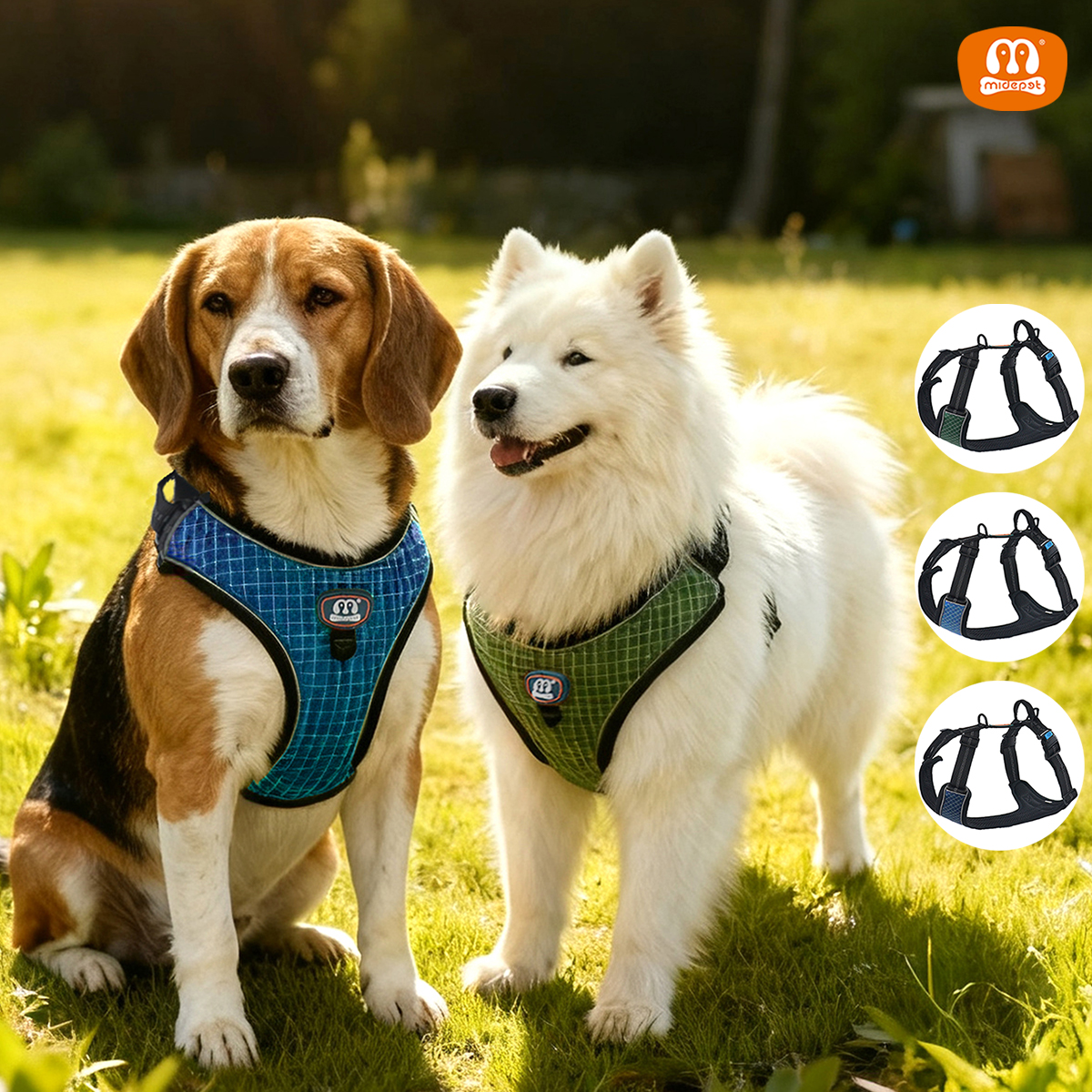Why Do Dogs Howl
Why Do Dogs Howl?
Dogs are fascinating creatures with a wide range of vocalizations, and howling is one of the most intriguing behaviors they exhibit. From serenading the moon to expressing their feelings when we leave, understanding why dogs howl can significantly enhance our relationship with these loyal companions. Howling can serve various purposes, including communication, emotional expression, and more.
The Instinct Behind Dogs Howling
Howling is a natural form of communication that has deep roots in a dog’s ancestry. Dogs are descendants of wolves, who use howling as a method to communicate with their pack members. This vocalization can serve multiple functions, such as:
· Alerting: Wolves howl to inform their pack of their location.
· Gathering: Howling can help reunite scattered pack members.
· Territorial Claims: Howling signals to others that a particular area is occupied.
For domestic dogs, this instinctual behavior persists, making howling a way for them to communicate with their humans and other animals.
Why Do Dogs Howl at Night?
Many dog owners have experienced the surprise of their pet howling during the night. This behavior can stem from several factors:
· Loneliness: Dogs are social animals. If they feel isolated, especially at night when it's quiet, they may howl to seek companionship.
· Anxiety: Changes in the environment, such as loud noises or the absence of familiar sounds, can trigger howling.
· Attention-Seeking: Some dogs learn that howling gets a reaction from their owners, prompting them to repeat the behavior.
Understanding these motivations can help owners provide the comfort their dogs need to settle down at night.
Why Do Dogs Howl in Their Sleep?
Have you ever noticed your dog howling while they’re dreaming? This phenomenon is usually linked to the REM (Rapid Eye Movement) sleep stage, where dreaming occurs. During this time, dogs may exhibit various behaviors, including:
· Vocalizations: Howling can occur as part of their dream, reflecting excitement or fear.
· Body Movements: Dogs might twitch or run in their sleep, indicating they're engaged in a vivid dream.
If your dog howls in their sleep, it’s generally nothing to worry about—just a sign they’re having an adventurous dream!
Why Does My Dog Howl When I Leave?
Many dog owners are concerned when their pets howl upon their departure. This behavior often indicates separation anxiety. Here’s why it happens:
· Attachment: Dogs form strong bonds with their owners. When you leave, they may feel stressed and express that distress through howling.
· Fear: The absence of their owner can create feelings of insecurity, leading to vocalization as a way to cope.
To help alleviate this behavior, it’s essential to provide your dog with a sense of security. Gradual desensitization to your departures and arrivals can help them adjust to being alone.
How to Stop a Dog from Whining
If your dog’s howling is accompanied by whining, it may signal discomfort or anxiety. Here are some effective strategies to address this behavior:
· Exercise: Ensure your dog receives ample physical and mental stimulation throughout the day to reduce anxiety and excess energy.
· Create a Safe Space: Designate a comfortable area for your dog where they can feel secure, equipped with their favorite toys and blankets.
· Positive Reinforcement: Reward your dog for calm behavior and quiet moments, reinforcing their ability to relax.
· Gradual Alone Time: Practice leaving your dog alone for short periods, gradually increasing the duration to help them adjust.
If the howling persists despite your efforts, consider seeking advice from a professional dog trainer or veterinarian for tailored strategies.
Can All Dogs Howl?
While most dogs possess the ability to howl, some breeds are more inclined to do so than others. Here’s what you should know:
· Vocal Breeds: Breeds like Huskies and Beagles are particularly known for their howling tendencies and may howl more frequently as part of their communication style.
· Less Vocal Breeds: Some breeds are less vocal by nature, but they can still learn to howl, especially when exposed to other howling dogs.
Ultimately, while all dogs can howl, individual behavior will vary based on breed, personality, and environment.
Conclusion
Understanding why dogs howl is crucial for fostering a strong bond between you and your pet. Whether it’s howling at night, during sleep, or in response to your absence, these vocalizations reflect their instincts and emotions. By addressing any anxiety or behavioral issues, you can help your dog feel more secure and understood. Embrace their howling as another form of communication, and you’ll deepen the connection you share with your furry friend.
FAQ
1. Why do dogs howl?
Dogs howl for various reasons, including communication, expressing emotions, and seeking attention. It’s a natural instinct rooted in their ancestry.
2. Do all dogs howl?
While most dogs can howl, some breeds, like Huskies and Beagles, are more prone to it than others. Individual personality also plays a role.
3. Why do dogs howl at night?
Dogs may howl at night due to loneliness, anxiety, or to respond to environmental sounds. It can also be a way to seek attention from their owners.
4. Why do dogs howl in their sleep?
Dogs often howl in their sleep during REM (Rapid Eye Movement) sleep, when dreaming occurs. This behavior is usually harmless and reflects their dream activity.
5. Why does my dog howl when I leave?
Your dog may howl when you leave due to separation anxiety. This vocalization expresses their distress and longing for your presence.
6. How can I stop my dog from whining?
To stop your dog from whining, provide plenty of exercise, create a safe space, use positive reinforcement, and gradually acclimate them to being alone.
7. Is howling a sign of distress?
Howling can indicate distress, especially if it occurs in response to being left alone or in a stressful environment. Monitoring the behavior is important.
8. Can howling be harmful to dogs?
In general, howling itself is not harmful. However, if it’s a sign of anxiety or distress, it’s essential to address the underlying issues.
9. Should I encourage my dog to howl?
Encouraging howling can be fun in a playful setting, but it’s crucial to understand the reasons behind their vocalizations and not to reinforce any anxious behavior.
10. What should I do if my dog howls excessively?
If your dog howls excessively, it’s important to identify the cause—whether it’s boredom, anxiety, or another issue—and address it with training or professional help if needed.









